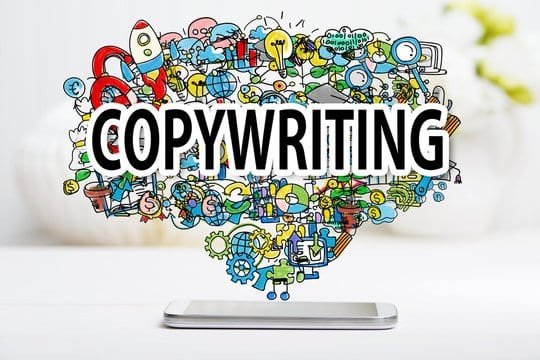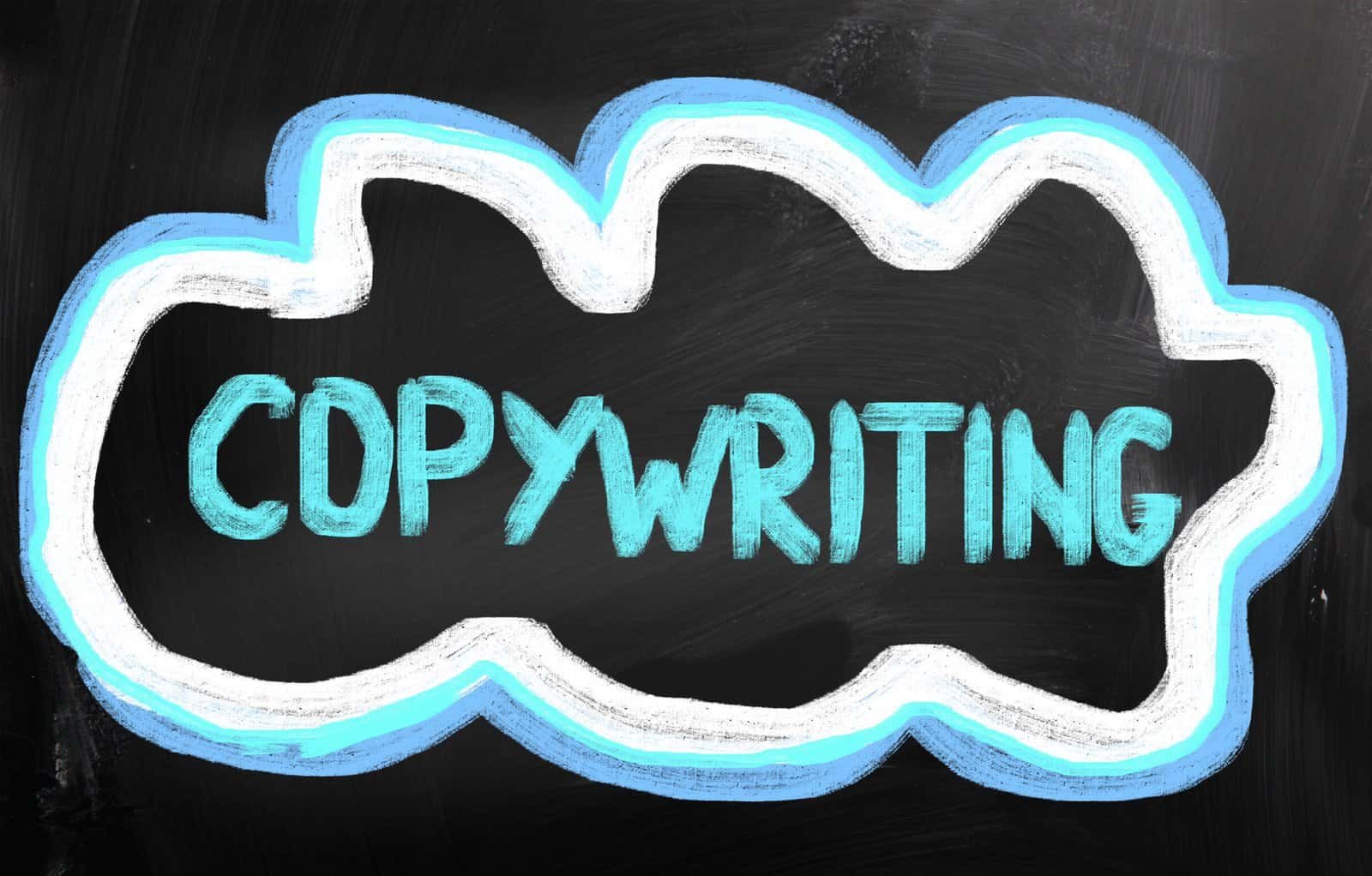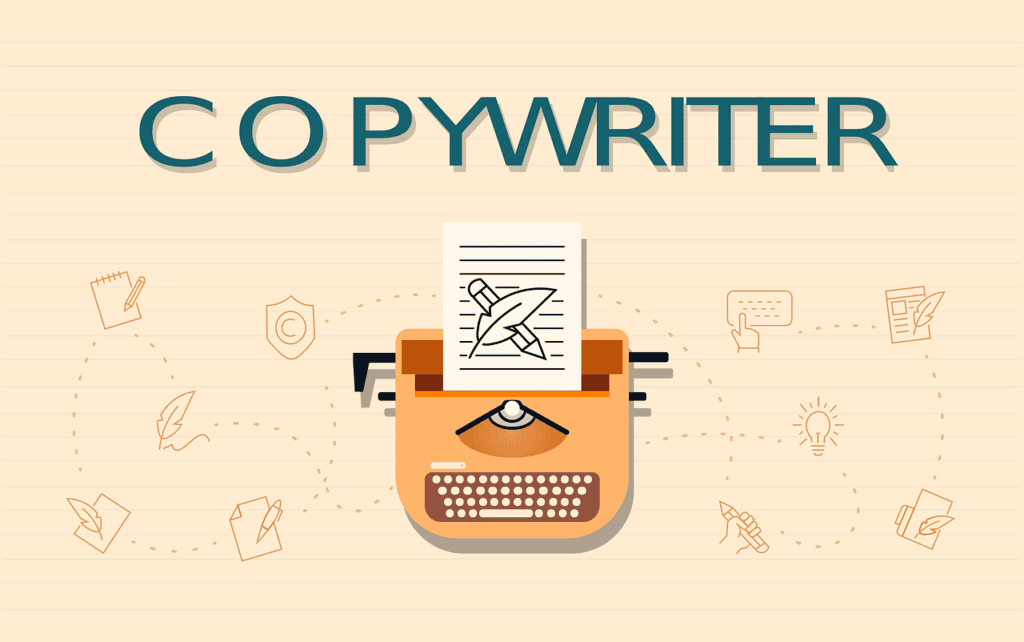Hey man, what’s up! Hiring a copywriter can feel like navigating a minefield. You’re bombarded with portfolios, promises, and price tags, leaving you unsure who to trust with your precious marketing budget. But what if there was a way to cut through the noise and find the perfect wordsmith for your business?
Well, buckle up, because you’re about to uncover the secrets of hiring a copywriter that will transform your marketing game forever.
The Biggest Mistake Businesses Make When Hiring a Copywriter
Stop asking “How to find a good freelance copywriter?”
That’s right. The question itself is flawed. Instead, ask yourself: “How do I choose the right freelance copywriter for ME?”
This subtle shift in thinking changes everything. It moves the focus from generic “goodness” to a specific, personalized fit. Remember, the perfect copywriter for your competitor might be a disaster for you.
So, ditch the one-size-fits-all approach and embrace the unique needs of your business.

Unmasking the Copywriter: 10 Questions That Reveal Their True Potential
Before you even glance at a portfolio, ask yourself these crucial questions:
- What kind of writing do you need? A website overhaul, punchy social media captions, or a technical white paper? Each requires a different skill set. Find a writer who excels in your specific area.
- Can they learn your business? A deep understanding of your industry is vital for crafting persuasive copy. Look for a writer who’s a quick study and asks insightful questions.
- What kind of business are you in? A fashion copywriter might struggle with technical jargon, while a B2B specialist might miss the mark on playful consumer-facing content. Find a writer whose experience aligns with your industry’s tone and style.
- Can they write in your readers’ language? Don’t alienate your audience with overly technical terms or industry slang. Seek a writer who can connect with your target market in a clear, engaging way.
- Do you have confidence in the writer? Beyond skills, trust your gut feeling. Do you feel comfortable communicating openly and honestly with this person? A strong, respectful relationship is crucial for success.
- Do you want conceptual work or just efficient writing? If you need more than just words on a page, look for a copywriter who can develop strategic concepts and memorable brand positioning.
- Do they understand the concept of an advertising concept? A great ad idea should be extendable beyond a single execution. Can the writer demonstrate a deep understanding of your product and competitive landscape?
- Do they write “by the numbers” or in fresh, distinctive ways? While formulas have their place, avoid copywriters who churn out generic, uninspired content. Seek originality and creativity that captivates your audience.
- Is their writing clear and quick? Don’t sacrifice clarity for cleverness. Look for copy that gets the message across instantly, without forcing readers to decipher wordplay or convoluted sentences.
- Do they understand salesmanship? In today’s marketing landscape, authenticity reigns supreme. Find a writer who can persuade subtly, without resorting to pushy sales tactics.

The Portfolio Paradox: Why Samples Aren’t Everything
While portfolios offer a glimpse into a writer’s style, don’t judge solely on the glitz and glamor of past clients.
Here’s why:
- A limited portfolio might signal inexperience or a highly curated selection showcasing only the best work.
- A diverse portfolio could indicate a lack of specialization or a desire to cater to a wider range of clients.
- Impressive work for big-name clients might not reflect the writer’s actual contribution.
Dig deeper:
- Ask about unproduced work. Good ideas often get rejected for reasons unrelated to quality. Understanding the context behind unproduced samples reveals valuable insights into the writer’s thinking process.
- Discuss their approach to revisions. A willingness to refine and adapt their work based on your feedback demonstrates professionalism and a commitment to collaboration.
The Price is Right? Busting the Budget Myths
Discussing your budget is not a taboo. In fact, it’s essential for finding a copywriter who aligns with your financial reality.
Here’s the truth:
- Experienced copywriters won’t inflate their prices just because you revealed your budget.
- Transparency about your budget allows the writer to propose alternative solutions or suggest a phased approach to fit your needs.
- A reluctance to discuss budget might signal a lack of professionalism or a disconnect from your business goals.
Don’t be afraid to ask for a breakdown of the quote. Understanding the value each element brings to your project empowers you to make informed decisions.
Beyond the Words: The Power of “Start-Up”
Remember, copywriting isn’t just about churning out text. A truly skilled copywriter invests time in understanding your business, your target audience, and your unique selling proposition.
This “start-up” phase involves:
- Research: Delving into your industry, competitors, and customer demographics.
- Strategy: Developing a clear messaging framework that resonates with your audience.
- Concept development: Crafting compelling ideas that capture attention and drive action.
Value this crucial stage and be willing to invest the necessary time and resources for optimal results.
Full-Time Freelancer vs. Moonlighter: Striking the Right Balance
Both full-time freelancers and moonlighters have their pros and cons.
- Full-time freelancers offer dedicated availability, flexible scheduling, and long-term commitment.
- Moonlighters might bring valuable experience from their full-time roles, but their availability and responsiveness could be limited.
Before you commit, ask:
- About their availability for calls, meetings, and revisions.
- If they have any potential client conflicts.
- How they manage their time and prioritize projects.

The Secret Weapon: The Phone Call
Don’t underestimate the power of a good old-fashioned phone conversation.
Email exchanges can be efficient, but a phone call allows for:
- Deeper understanding of each other’s communication styles and personalities.
- Real-time clarification of questions and concerns.
- A more personal connection that fosters trust and collaboration.
Invest the time to chat. It could save you headaches and miscommunications down the line.
Contracts and NDAs: Keeping It Simple and Sane
While legal protection is important, don’t let complex contracts and NDAs derail the relationship before it even begins.
Here’s a balanced approach:
- Start with a simple email outlining the project scope, payment terms, and key deliverables.
- Acknowledgement of the email serves as a basic agreement.
- For larger projects, consider a streamlined contract that protects both parties’ interests without unnecessary complexity.
- Use NDAs judiciously, reserving them for projects involving highly sensitive information.
Remember, a healthy creative relationship thrives on trust and mutual respect, not legal jargon.
Conclusion
Hiring a copywriter doesn’t have to be a daunting task. By shifting your focus from generic “goodness” to a personalized fit, asking the right questions, and embracing open communication, you can uncover the hidden gems in the freelance writing world. Remember, the perfect copywriter for you is out there, waiting to transform your marketing with their wordsmithing magic.
FAQs
How much should I expect to pay a freelance copywriter? Copywriting rates vary widely depending on experience, project scope, and industry. Expect to pay more for specialized expertise, complex projects, and rush deadlines. Discuss your budget openly with potential writers to find a solution that works for both parties.
What if I’m not happy with the first draft? Open communication is key. Clearly articulate your concerns and desired revisions to the writer. A professional copywriter will be receptive to feedback and work with you to achieve your vision. Discuss their revision policy upfront to avoid misunderstandings.
How do I ensure the copywriter understands my brand voice and tone? Provide the writer with clear examples of your existing marketing materials, brand guidelines, and target audience descriptions. The more information you share, the better equipped they’ll be to capture your unique voice. Don’t hesitate to schedule a call to discuss your brand personality in detail.

